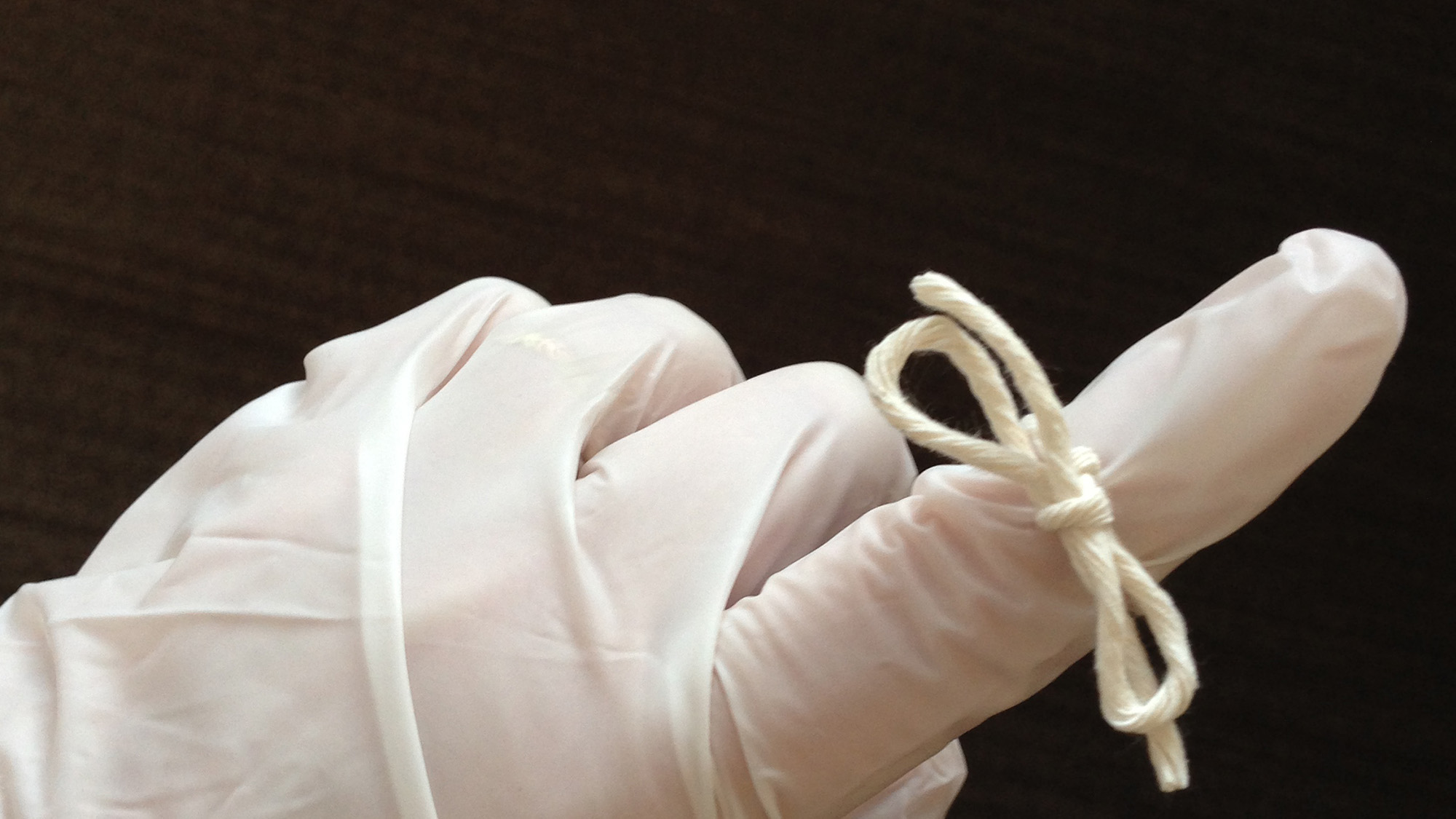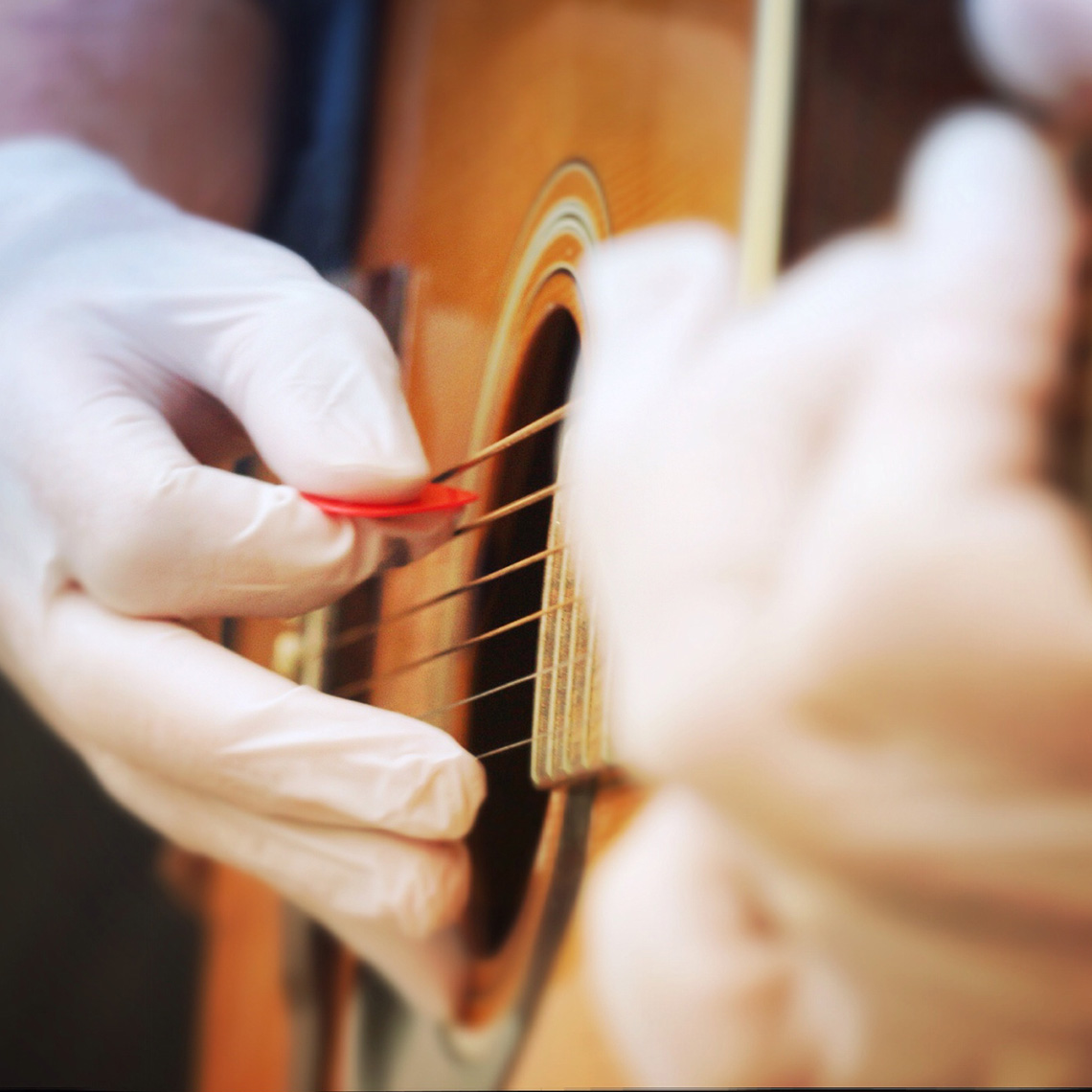Newsletter
Forgetting to Remember
Mar 31, 2016

A man who needs a pound of flour ties a string around his finger so that he won’t forget. When he gets to the store, he looks at his finger… and orders a pound of string.
A health care provider putting his all into comprehending, diagnosing, and caring for his patients may feel like he constantly has a string around his finger: a faint but nagging feeling that he has forgotten something he meant to remember. The mental notes that he is able to recall in a timely manner help him do the best for his patients, but those that slip his mind—that are just out of the reach of recall—pose the risk of miscommunication, missed diagnoses, and patient harm.
Efforts to reinforce or improve patient safety often begin with the query “What keeps you up at night?” While that trope is a device to elicit general concerns about risks to patient safety (e.g., not enough time with patients, communication breakdowns, inadequate IT systems), it often prompts doctors to share patient-specific worries that literally disrupt their sleep.
At 3 a.m., they bolt awake, suddenly remembering what the string on their finger was for:
- Did I document Mrs. Falcone’s aspirin allergy?
- I should have seen the results of Mr. Bridgewell’s biopsy by now.
- I need to call Cindy Kitano about her twin’s recurring skin rash, first thing tomorrow.
- Did I forget to check on Mr. Zanderberg’s post-op infection?
Many of us rely solely on our memory for matters much too important to be delegated to such a fallible system. Patients rely on their health care providers to remember their problem lists and their screening needs. Providers rely on patients to remember their follow-up advice and their medications. Colleagues rely on each other to remember orders, referrals, observations, etc.
Even though we know that mental notes are imperfect (because we remember instances when we forgot), it is often the most convenient tool at hand when the thoughts we are planning to remember cross our minds. Perhaps the best task to tackle when lying awake at night worrying about Mrs. Falcone or the Kitano twins is to figure out how to improve your remembering process. What can you do to transfer your mental notes into something more reliable?
Professionals and amateurs offer dozens of tools and techniques to keep you from forgetting to remember, everything from sticky notes to smart phone apps. The best one is the one that complements your workflow, keeps your patients safe, and lets you sleep through the night, with or without a string around your finger.
Additional Material
- Trying To Remember Multiple Things May Be The Best Way To Forget Them
- Patient Safety and Diagnostic Error
- Reminder Techniques: Which are the Best?
|
THURSDAY, JUNE 9, 2016
|
Mind the Gaps
Avoiding the risks of communication failures in patient care
A CRICO Strategies Patient Safety Symposium | Revere Hotel, Boston, MA
Learn what you can do to avoid communication missteps that can lead to patient harm and allegations of medical malpractice.
Recent Issues
Recently Asked Questions


At the End of Information Blocking, an Opening for Patient Safety

